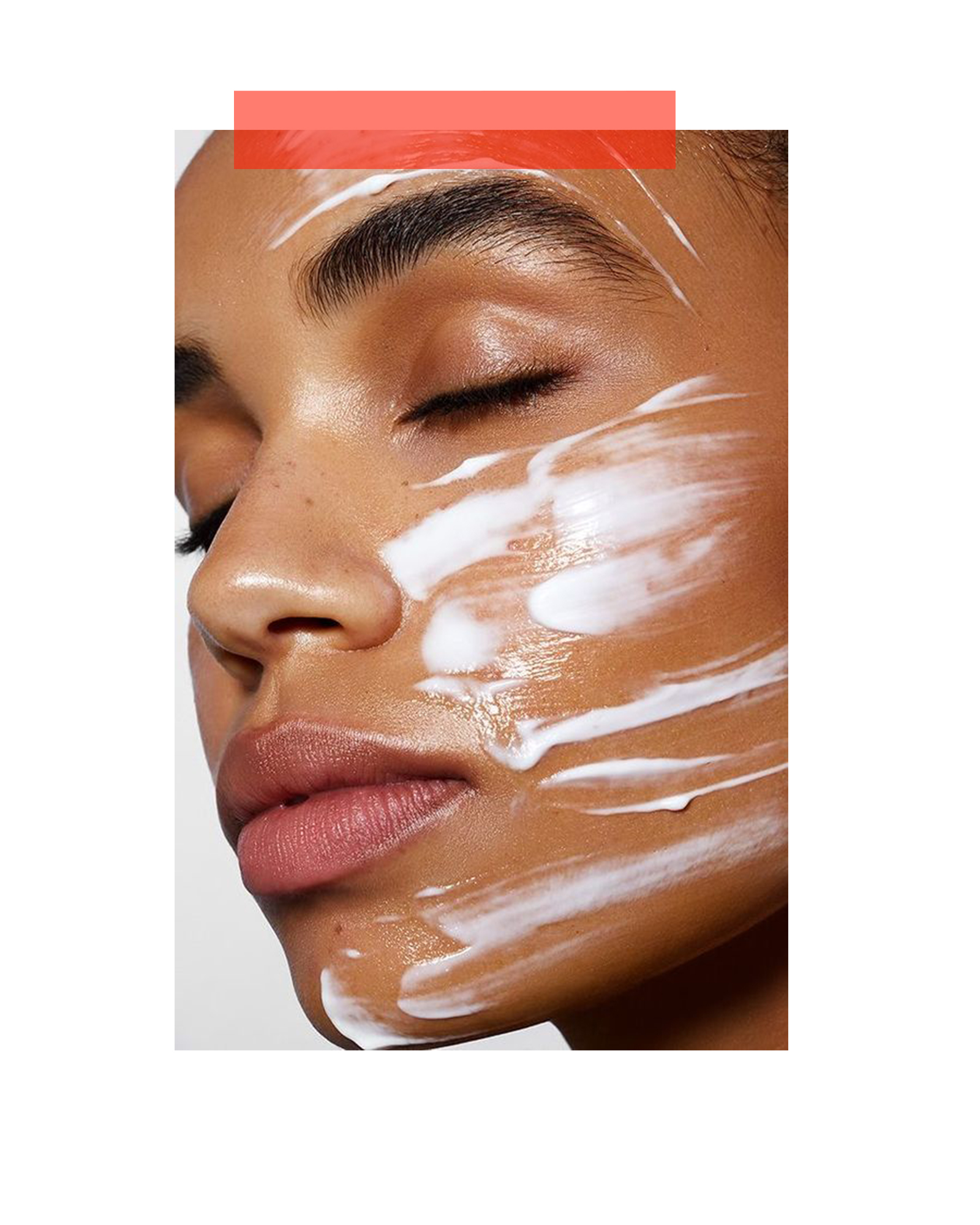Moisturisers are fundamental to any effective skincare regimen, serving as a vital component for maintaining the skin's health, integrity, and appearance across all skin types. Far more than just a cream, a well-chosen moisturiser works to hydrate the skin, prevent moisture loss, and support its crucial protective barrier.
Understanding the Role of Moisturisers
Moisturisers primarily function through three key types of ingredients, often combined in sophisticated formulations:
- Humectants: These ingredients are "moisture magnets." They draw water from the environment (when humidity is sufficient) or from deeper layers of the skin into the outermost layer (stratum corneum). Common humectants include Hyaluronic Acid, Glycerin, Urea, and Lactic Acid. They are excellent for providing lightweight hydration and plumping the skin.
- Emollients: These are lightweight oils or lipids that fill in the microscopic cracks and crevices between skin cells. They smooth and soften the skin's texture, improving its overall feel and flexibility, and helping to restore cracks in the skin barrier. Examples include Ceramides, Fatty Acids, Cholesterol, Squalane, and various plant oils (e.g., Jojoba, Argan oil).
- Occlusives: These are heavier, oil-based ingredients that form a protective, inert barrier on the skin's surface. Their primary role is to physically block transepidermal water loss (TEWL), effectively sealing in moisture and defending the skin from external irritants. Common occlusives include Petrolatum (Vaseline), Mineral Oil, Lanolin, Beeswax, and Shea Butter. They provide the most intense moisturisation and are particularly beneficial for very dry or compromised skin.
Why Moisturisers Are Universally Recommended
Regardless of skin type or condition, moisturisation is essential for numerous reasons:
- Prevents Dryness and Dehydration: Environmental factors like wind, cold, heat, and air conditioning can strip moisture from the skin. A good moisturiser replenishes lost hydration and forms a protective film to prevent future moisture loss.
- Supports Skin Barrier Function: The skin barrier is the body's first line of defence. Moisturisers, especially those rich in ceramides and fatty acids, help to repair and maintain this barrier, protecting the skin from irritants, pollutants, and pathogens, while keeping essential moisture locked in.
- Regulates Oil Production: A common misconception is that oily skin doesn't need moisturiser. In fact, if oily skin becomes too dry, it can overcompensate by producing more sebum. Appropriate, lightweight moisturisation can signal the skin that its hydration needs are met, helping to regulate oil production over time.
- Soothes and Calms: Many moisturisers contain anti-inflammatory ingredients that can soothe sensitive, irritated, or inflamed skin, reducing redness and discomfort.
- Improves Skin Texture and Appearance: By hydrating and smoothing the skin, moisturisers can make fine lines and wrinkles appear less prominent, contribute to a plumper appearance, and enhance overall radiance.
- Enhances Product Absorption: A well-hydrated and healthy skin barrier provides an optimal environment for subsequent active ingredients (like serums or treatments) to penetrate more effectively.
Choosing the Right Moisturiser for Your Skin Type
Selecting the appropriate moisturiser is key to maximising its benefits:
- Dry Skin: Benefits most from rich, thick creams or blams with a higher oil content. Look for formulations abundant in emollients (e.g., shea butter, ceramides) and occlusives (e.g., petrolatum, mineral oil) to provide intensive hydration and barrier support.
- Oily & Blemish-Prone Skin: Requires lightweight, water-based, non-comedogenic (non-pore-clogging) formulas. Gels, gel-creams, or fluid lotions are ideal. Look for humectants (hyaluronic acid, glycerin) and potentially ingredients like niacinamide to help regulate sebum and reduce inflammation. Avoid heavy occlusives that might feel suffocating or contribute to breakouts.
- Combination Skin: Often benefits from a balanced approach. A lightweight lotion or gel may work for the entire face, or one might use a richer cream on drier areas (e.g., cheeks) and a lighter gel on oilier areas (e.g., T-zone).
- Sensitive Skin: Prioritise fragrance-free, hypoallergenic, and minimalist formulas with soothing ingredients like aloe vera, colloidal oatmeal, or ceramides to calm irritation and reinforce the skin barrier. Avoid common irritants such as harsh alcohols or strong essential oils.
- Mature Skin: Benefits from richer, nourishing creams that address increased dryness and collagen loss. Look for emollients, occlusives, and ingredients that support collagen (e.g., peptides, gentle retinoids, antioxidants) to maintain firmness and suppleness.
Best Practices for Application
- Apply to Clean, Damp Skin: Moisturisers are most effective when applied to clean, slightly damp skin (e.g., after cleansing, showering, or applying serums). This helps to trap existing moisture in the skin.
- Daily Application: Moisturise twice daily (morning and evening) for consistent benefits.
- Gentle Application: Use fingertips to gently pat or smooth the product onto the face, neck, and décolletage. Avoid rubbing or tugging at the skin.
- Final Step (Before SPF): Moisturiser should generally be the last step in your routine before applying sunscreen in the morning, or the final step at night.
- Adjust Seasonally: Opt for lighter formulations in warmer, more humid months and richer, more occlusive options during colder, drier periods.
By understanding the diverse functions and ideal applications of moisturisers, one can select the perfect formulation to nurture their unique skin needs, ensuring optimal hydration, a robust barrier, and a consistently healthy, radiant complexion.
